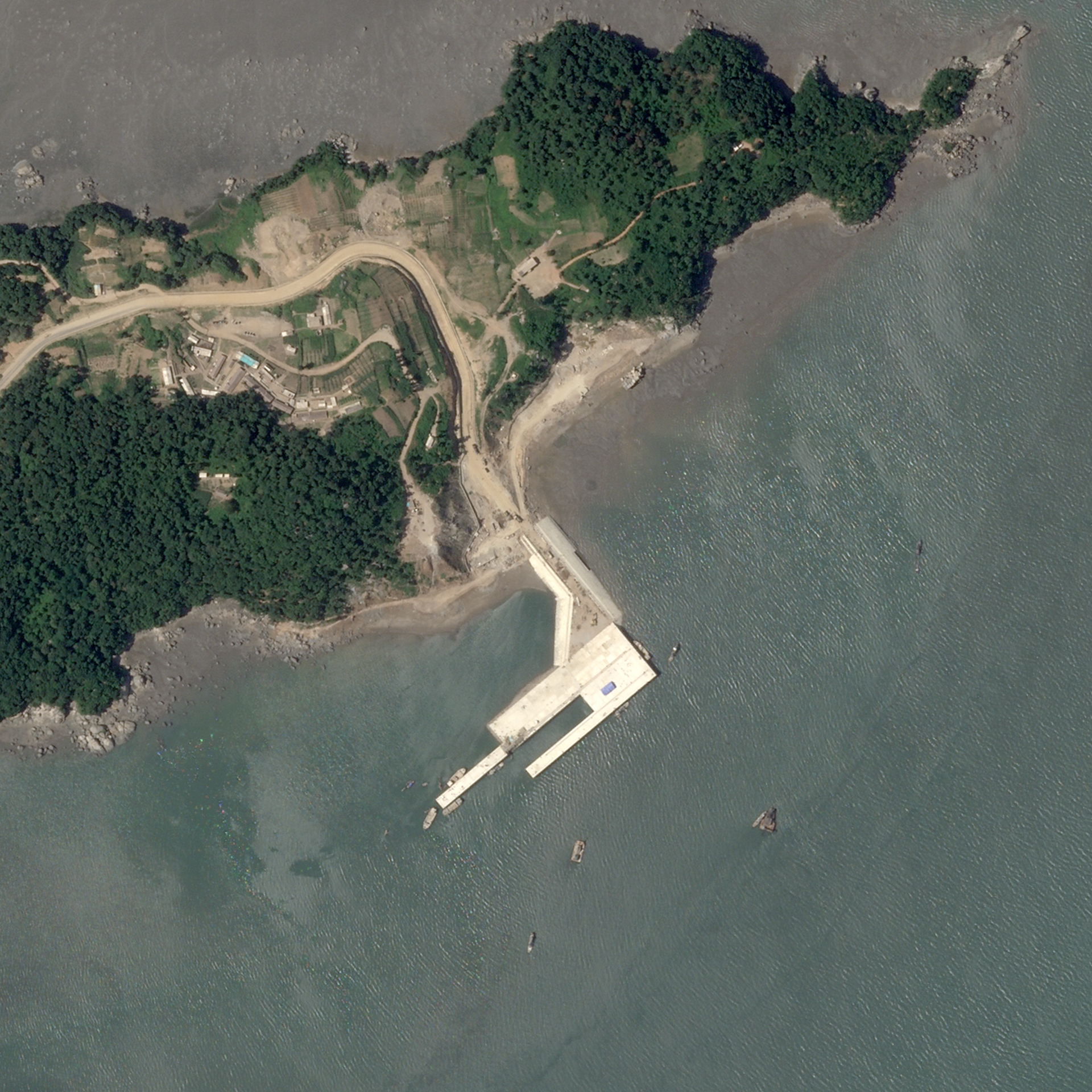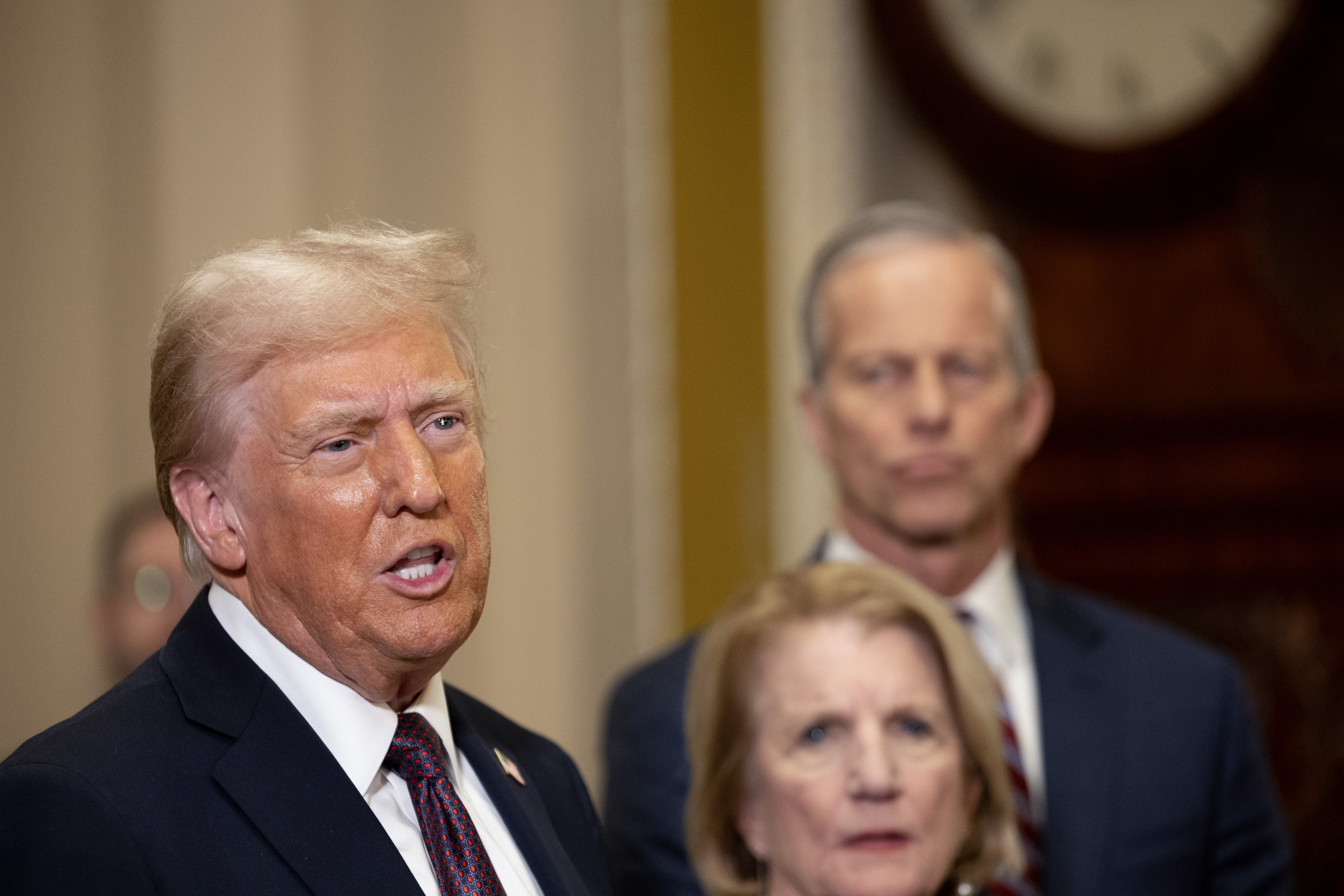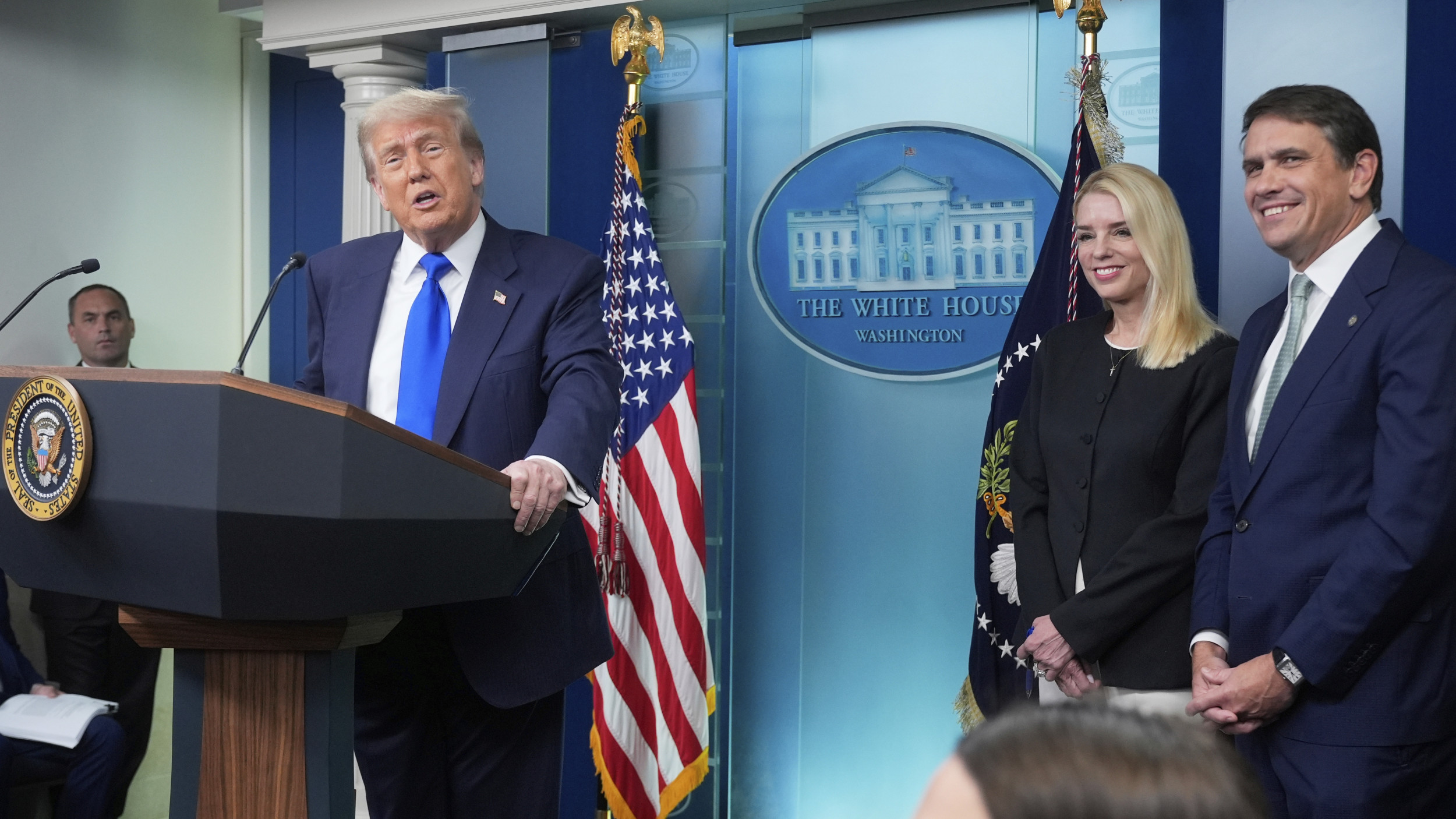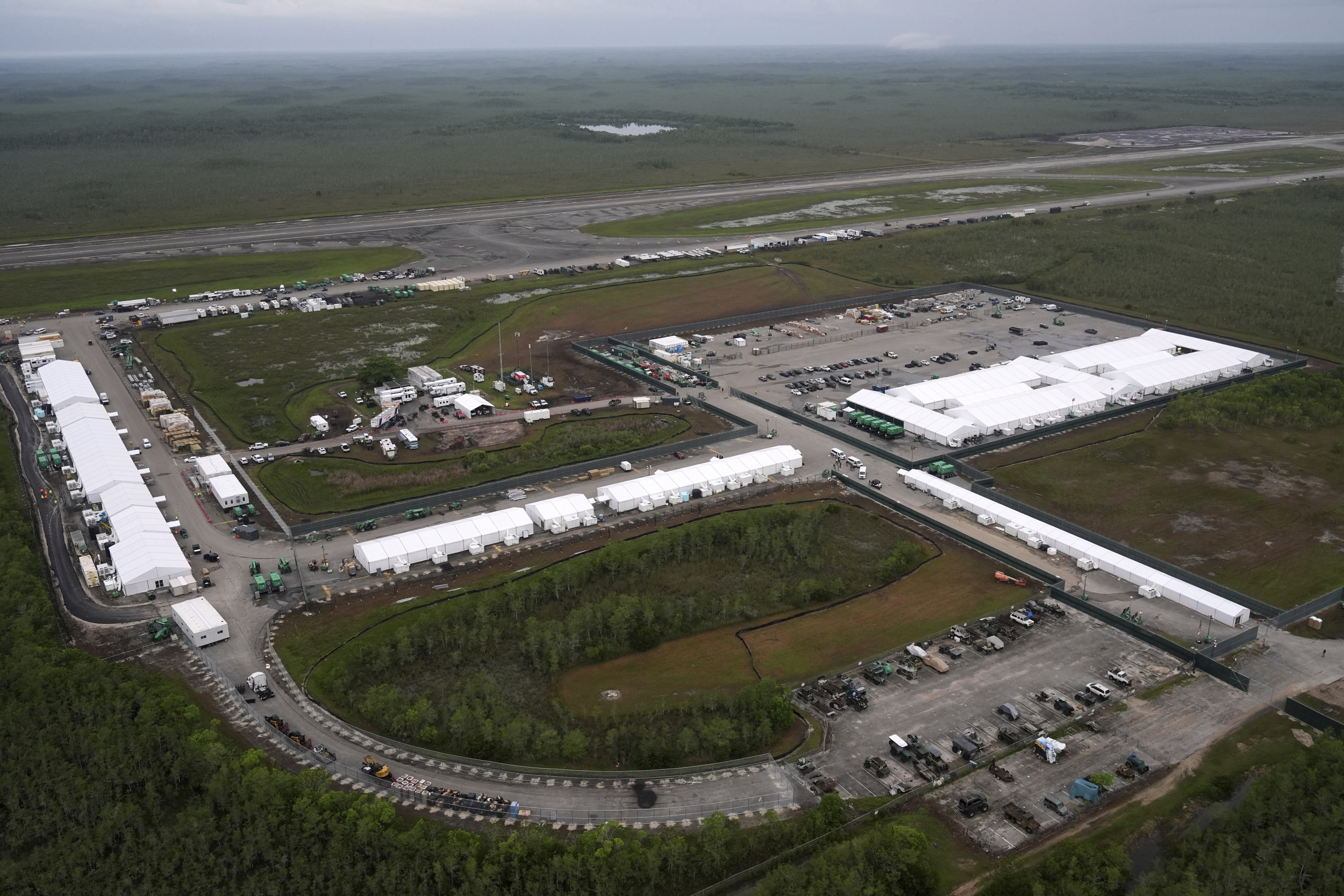🎙️ Voice is AI-generated. Inconsistencies may occur.
China's leader Xi Jinping ordered his country to "speed up" the development of strategic deterrence forces as Beijing demands the United States make "nuclear concessions."
The Central Committee of ruling China's Communist Party adopted a resolution on "further deepening reform comprehensively to advance Chinese modernization" on July 18 during its third plenary session in Beijing. Full text of the resolution was published on Sunday.
Only the Central Committee has the power to make decisions on major national policies, according to the party's constitution. It carries out resolutions, directs all the party's works, and represents the party in external relations when the National Congress is not in session.
Xi has been the general secretary of the party since 2012. He is also the president of his country and the chairman of the Central Military Commission, the highest national defense organization in China.
The decision to accelerate development of nuclear forces was mentioned briefly under the section of "deepening reform of joint operations systems" in the resolution, which also touched on issues such as developing new-domain forces with new combat capabilities.
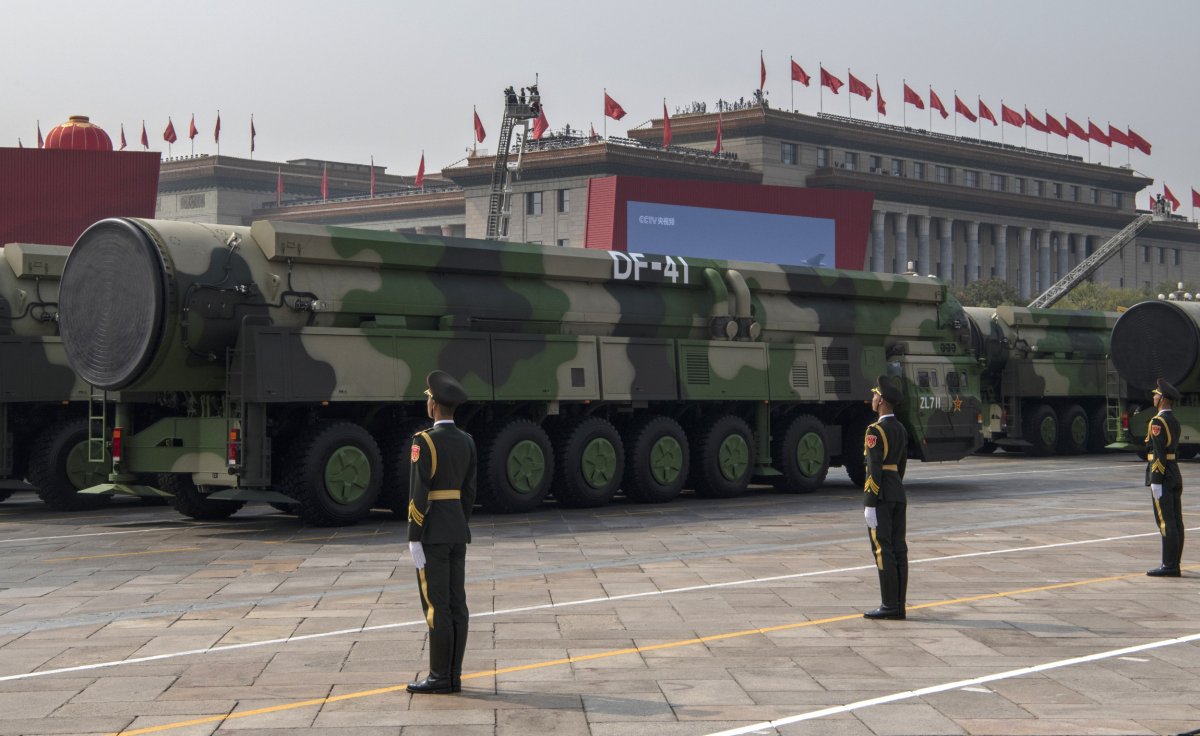
Beijing has never disclosed the size of its nuclear arsenal. In a U.S. Defense Department report in 2023, the Pentagon estimated China has more than 500 nuclear warheads in operational and "will probably have over 1,000 operational nuclear warheads by 2030."
The report also said China continued its rapid nuclear expansion by increasing the number of nuclear delivery platforms, or the "three legs" of its nuclear triad. They are composed of land-based ballistic missiles, submarine-launched ballistic missiles, and strategic bombers.
Each leg of the nuclear triad has its unique attributes. Land-based missiles can be launched and strike targets within minutes, while it is hard to track ballistic missile submarines as they always on patrol. Bombers placed on alert can provide a variety of nuclear options.
The Stockholm International Peace Research Institute (SIPRI) assessed China might have put 24 nuclear warheads in deployed status with launchers for the first time.
There were 3,748 warheads—including both operational and non-operational—in the U.S. nuclear stockpile as of September 2023 in comparison with China, newly declassified information showed. The U.S. military is modernizing and upgrading its aging nuclear triad as "foreign nuclear threats growing."
Meanwhile, China repeated its "nuclear demands" to the U.S. on Tuesday during a session of the Preparatory Committee for the 2026 Review Conference of the Parties to the Treaty on the Non-Proliferation of Nuclear Weapons, or NPT, held in Geneva, Switzerland.
Both China and the U.S. are the parties to the treaty. Sun Xiaobo, director-general of the Department of Arms Control under China's Foreign Ministry, urged the U.S. to abandon nuclear sharing and extended deterrence arrangements with its NATO and Asian allies.
"The two countries with the largest nuclear arsenals must continue to fulfill their special and primary responsibilities for nuclear disarmament," he said without naming the U.S. and Russia. SIPRI estimated Moscow maintained 4,380 nuclear warheads as of January.
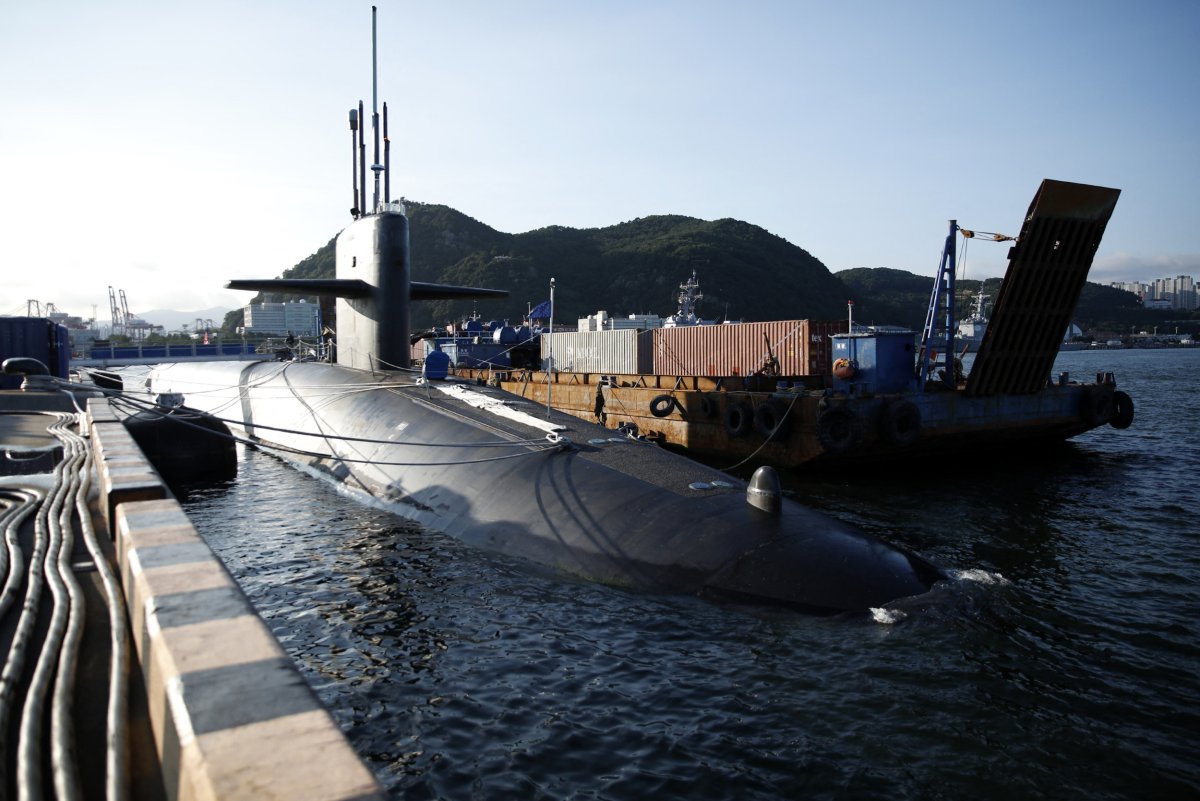
China refused to join the nuclear disarmament process unconditionally unless the U.S. and Russia "further significantly and substantially reduce their nuclear arsenals in a verifiable, irreversible and legally binding manner," Sun hinted in his statement to the committee.
He proposed the five nuclear-weapon states—China, France, Russia, the United Kingdom, and the U.S.—to negotiate a treaty or issue a political statement on "mutual no-first-use of nuclear weapons." Beijing has long claimed its commitment to this nuclear weapon policy.
The U.S. representative questioned China's nuclear proposal on Thursday. Bruce Turner, senior bureau official for Bureau of Arms Control, Deterrence, and Stability, said his country has concerns about how the proposed no-first-use treaty would operate in practice.
China's "rapid and opaque" nuclear weapons build-up has raised questions about its ambiguous, stated no-first-use policy, Turner said to the NPT Preparatory Committee.
About the writer
Ryan Chan is a Newsweek reporter based in Hong Kong, where he previously had over a decade of experience at ... Read more
